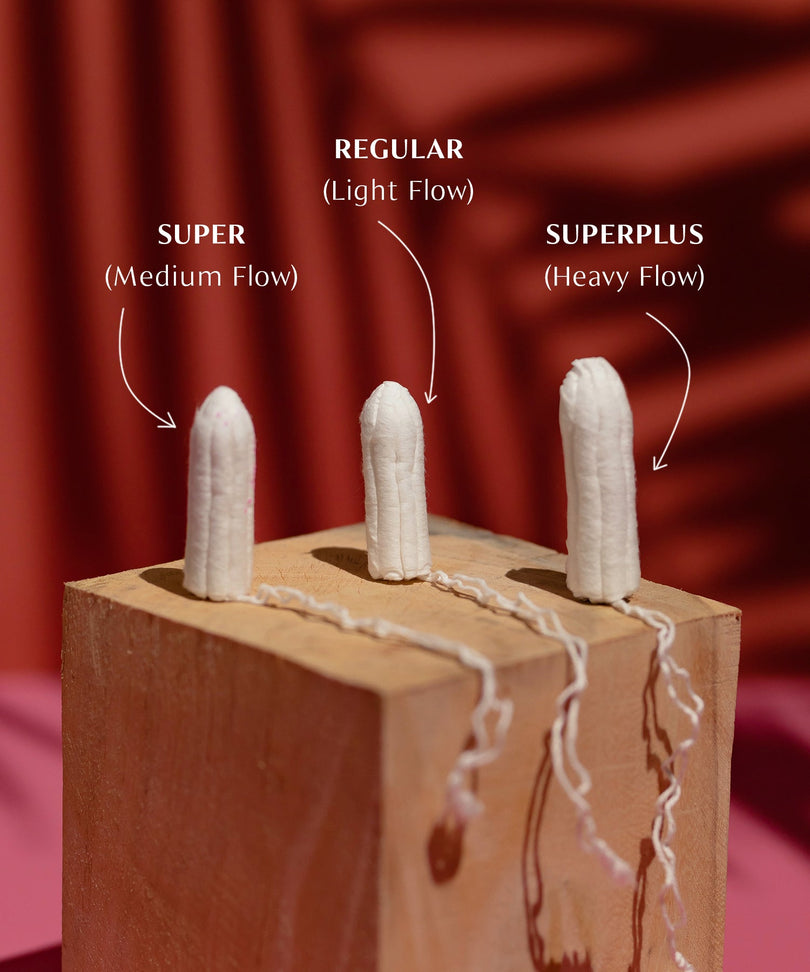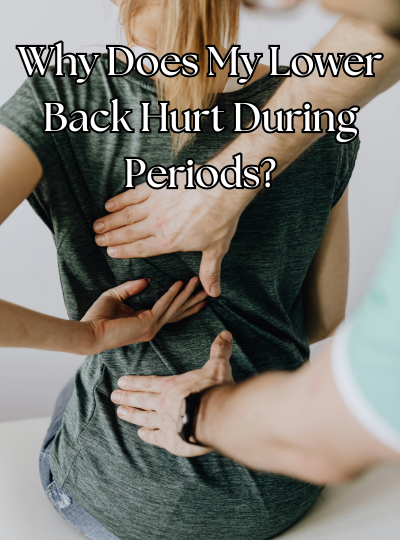Is it normal to have nausea during period?
Yes, Nausea is a common problem during your period due to hormonal fluctuations and the release of prostaglandins. Mild nausea is normal, but you should consult a healthcare professional if it's severe or disrupts your daily activities. They can check for any underlying conditions and suggest ways to manage your nausea and ease your period symptoms.
Also read - Why do you get gas before your period?
Why do I feel sick and tired during my period?
According to the National Institutes of Health, one common reason for feeling sick and tired during a menstrual period is due to the hormonal fluctuations that occur during the menstrual cycle. During menstruation, estrogen and progesterone levels drop suddenly, which can lead to physical symptoms such as fatigue, headaches, and nausea. Additionally, some people may experience symptoms associated with premenstrual syndrome (PMS), which can include changes in mood, fatigue, and bloating, and these symptoms can also contribute to feeling sick and tired during menstruation.
What are the symptoms of nausea during a menstrual cycle?
Nausea may be accompanied by other symptoms such as:
- Abdominal cramps and pain
- Bloating and discomfort in the upper abdominal region
- Headaches
- Dizziness and lightheadedness
- Fatigue and weakness
- Changes in appetite or nausea
- Mood swings or irritability
- Changes in sleep patterns
- Changes in bowel habits
Which conditions cause Nausea during periods?
Nausea can also be a symptom of an underlying health condition, which can vary in severity and causes other symptoms as well.
- Endometriosis - When the endometrial lining which lines your uterus grows abnormally in your ovaries and fallopian tubes, it causes severe pain when it breaks down which can lead to nausea.
- Premenstrual Syndrome (PMS) - Nausea is a common PMS symptom and may or may not be associated with body pain. While PMS is common among menstruating women, its symptoms vary from person to person in terms of intensity.
- Premenstrual Dysphoric Disorder (PMDD) - This condition is a more severe version of PMS and is related to hormonal changes in the body before menstruation which drastically reduce serotonin in the body. Along with nausea and cramps, those with PMDD also suffer from psychological symptoms including troubling focus, panic attacks, mood swings and increased irritability.
- Pelvic Inflammatory Disease (PID) - This is a condition that occurs when an STI transfers from the vagina to other parts of the reproductive system including the uterus, ovaries or fallopian tubes. Nausea only occurs in severe cases of PID, however you’ll likely have other symptoms like pain and abnormal vaginal discharge if you have PID.
- Dysmenorrhea - Painful menstruation is the most common cause of nausea during periods. The pain is caused by the uterine contractions prompted by the increased number of prostaglandins in your body. The cramps can cause pain in the pelvis, abdomen, hips and back. Both the severity of the pain and the high amounts of prostaglandins in your bloodstream can cause feelings of nausea.
What do I do if I feel Nauseous during Periods?
- Stay hydrated: According to the American College of Gastroenterology, Dehydration can contribute to feelings of nausea, so it's essential to drink plenty of water throughout the day.
- Eat small, frequent meals: Eating small, frequent meals can help prevent stomach upsets and maintain blood sugar levels.
- Avoid foods that can contribute to nausea: Some foods like fatty, spicy, or greasy foods can contribute to nausea during a menstrual cycle. Instead, try choosing bland foods like toast, bananas, apples or oatmeal. Prioritise having portions of lean protein in your meals. Cold foods may also be more appetising than warm foods.It’s important to eat adequately during menstruation as your body requires the nutrients and calories to repair itself.
- Rest: Resting and taking it easy can help reduce the physical and emotional stress that can cause nausea.
- Try deep breathing/mindfulness exercises: Taking deep breaths or practising mindfulness techniques can help calm the nervous system and reduce feelings of stress and anxiety.
- Eat Sugar-Free Candies: Sugar-Free Candies or Lozenges can help relieve nausea during Periods.
How can I prevent nausea during periods?
If you’re susceptible to feeling nauseous during your periods and its not because of a severe condition, you can practice these habits to prevent nausea to an extent:
- Track your food before and during your periods to identify if there are any specific foods in your diet causing you to feel nauseous.
- Consider lowering your fibre intake in case it is too high by cooking foods for longer and swapping some high-fibre foods which may cause you to feel gassy and bloated.
- Consult your doctor, who may prescribe a medicine to either suppress nausea or regulate your hormones, such as birth control pills or antidepressants
When should I consult a healthcare provider for nausea during a menstrual cycle?
According to the Indian Journal of Community Medicine, nausea accompanied by lethargy and tiredness, depression and inability to concentrate on work can indicate an underlying condition of Dysmenorrhea. The underlying causes of Dysmenorrhea can vary depending on the individual and are often related to hormonal imbalances, menstrual disorders, and other medical conditions. It is important to consult with a healthcare provider if these symptoms persist or interfere with daily activities and activities, to receive appropriate treatment and management.
More to Read
Best exercises to relieve pain and period cramps
Why do I lose my appetite during my period?









